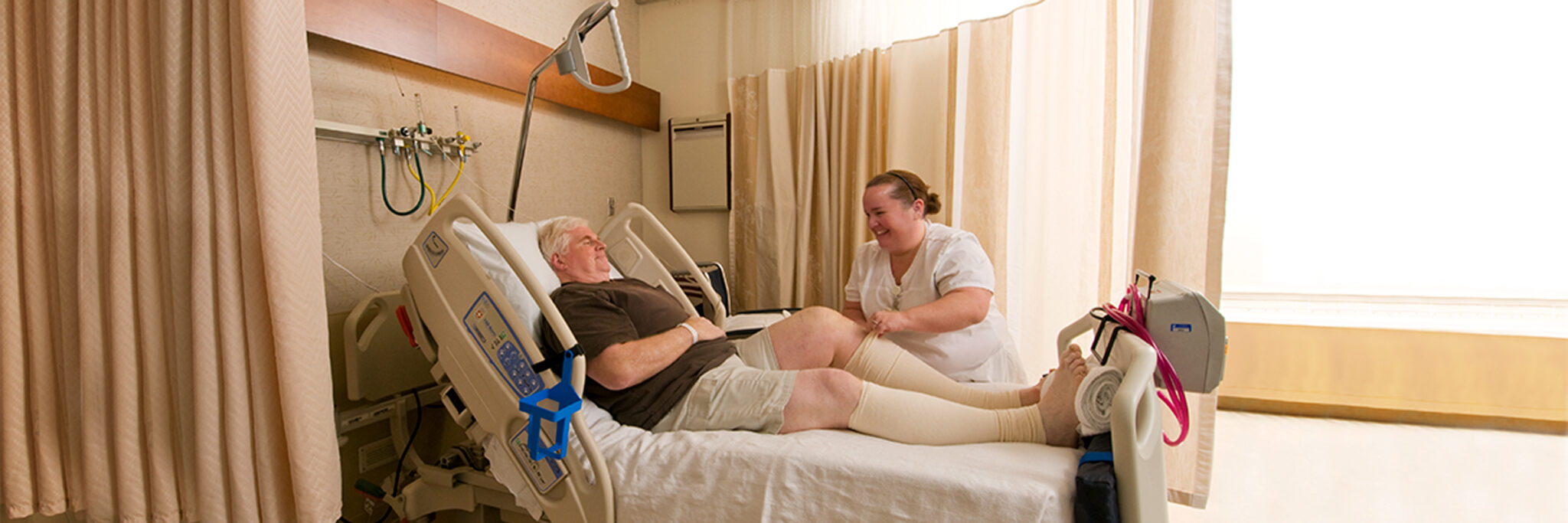
One of the primary advantages of self-monitoring is increased accountability. When individuals track their actions, they are more likely to stay dedicated to their fitness goals. For instance, writing down food consumed or workouts finished can create a sense of responsibility. This accountability can be additionally enhanced by communicating advancements with friends or family members. Support from others can inspire individuals to adhere to their strategies and encourage them during difficult times. As a result, self-monitoring can lead to a stronger dedication and a higher chance of reaching desired outcomes.
Self-monitoring also encourages self-awareness. By regularly reflecting on one’s behaviors, individuals can recognize triggers that lead to poor decisions. For example, someone might notice that they tend to graze more when they are anxious. Acknowledging these habits enables people to create plans for dealing with obstacles. They might decide to participate in physical activity instead of reaching for unhealthy snacks during stressful times. This enhanced self-understanding can be visit page empowering, enabling individuals to take control of their health and make you could try here positive changes.
In addition, using technology can enhance the self-monitoring process. Many applications and devices are available that help track physical activity, food intake, and other relevant metrics. These tools provide easy access to information about one's progress over time. Visualizing this data can be motivating, as individuals can see how far they have come. The use of technology also allows for customization of fitness plans, making it easier to set achievable goals based on personal preferences and lifestyles. As technology continues to evolve, it offers even more opportunities for individuals to participate in efficient self-monitoring.
Finally, self-monitoring can lead to lasting behavior change. By regularly tracking habits and implementing modifications based on insights, people can cultivate healthier lifestyles. This long-term approach encourages individuals to consider analytically about their choices and fosters a mindset focused towards ongoing growth. As modifications become ingrained in daily routines, individuals are increased likelihood to sustain their progress. Ultimately, self-monitoring can transform not only fitness well-being but also comprehensive health, making it an essential tool for anyone on a journey to better wellness.